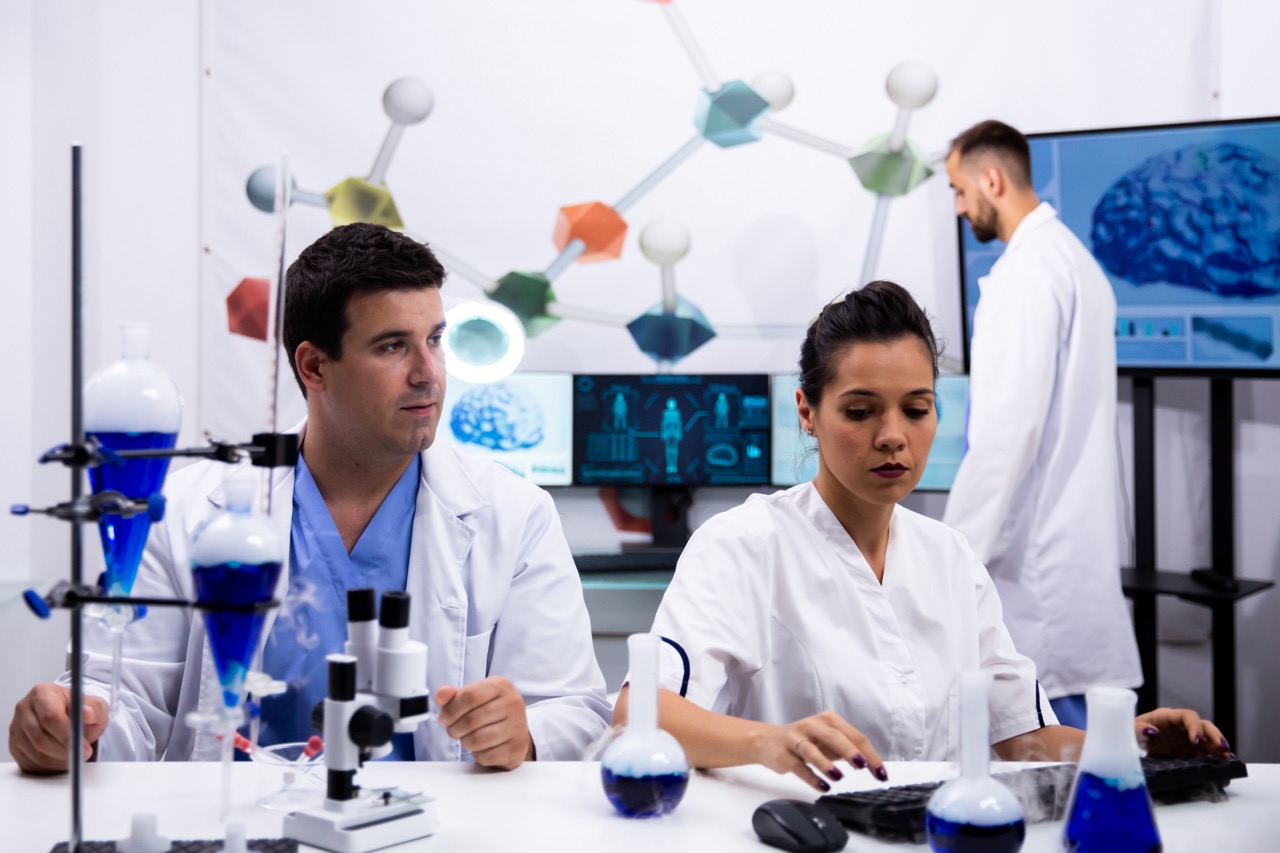Avicenna, a Persian polymath who lived between 980 and 1037 CE, is often regarded as one of the most influential figures in the history of medicine. His comprehensive works, particularly "The Canon of Medicine," laid foundational principles that guided medical research and practice for centuries. In an era when medicine was steeped in superstition and limited by inadequate understanding of human physiology, Avicenna’s rigorous methodological approach to laboratory work and medical science heralded a new age of inquiry. This article explores the legacy of Avicenna’s lab work, his key innovations, and the profound effects of his contributions on medical education and modern medicine.
The Legacy of Avicenna in Medical Research Practices
Avicenna’s contribution to medical research practices is characterized by his pioneering use of empirical observation and experimentation. He emphasized the importance of systematic observation in diagnosing diseases and understanding human anatomy. This approach encouraged subsequent generations of physicians to adopt observational methods over reliance on ancient texts or anecdotal evidence. Avicenna’s insistence on rigorous testing laid the groundwork for what would eventually evolve into the scientific method, a cornerstone of modern scientific inquiry.
Moreover, Avicenna’s writings systematically compiled and synthesized the medical knowledge of his time, incorporating insights from Greek, Roman, and Indian medicine. By organizing this wealth of information into a coherent framework, he made it accessible for students and practitioners alike. His work not only served as a crucial reference point for contemporary physicians but also shaped the curriculum in medical schools for centuries to follow. The legacy of Avicenna in medical research practices is thus marked by an enduring commitment to evidence-based medicine.
Avicenna’s emphasis on careful observation and documentation has established a culture of inquiry that remains vital in the medical field today. His contributions can be seen in how modern research methodologies prioritize reproducibility and peer review. The principles of transparency and accountability that he championed continue to influence the ethical standards upheld in contemporary medical research, ensuring that the pursuit of knowledge remains grounded in scientific integrity.
Key Innovations in Laboratory Techniques by Avicenna
One of Avicenna’s most significant innovations in laboratory techniques was his approach to pharmacology. He meticulously categorized various medicinal substances and their effects, creating a comprehensive system for understanding the therapeutic properties of plants, minerals, and animal products. This classification not only facilitated the development of more effective treatments but also marked the beginning of systematic pharmacological research. Avicenna’s laboratory work led to the establishment of protocols that prioritized the assessment of drug efficacy and safety, setting the foundations for modern pharmacology.
In addition to pharmacology, Avicenna was instrumental in the advancement of surgical techniques and instruments. His writings detailed various surgical procedures, emphasizing the importance of cleanliness and proper technique to prevent infection—a revolutionary concept at the time. By advocating for a more scientific approach to surgery and developing methods for wound treatment, Avicenna significantly improved patient outcomes, influencing surgical practice for generations to come.
Avicenna’s systematic approach extended to the observation of diseases and their progression. He introduced detailed case studies that provided insights into the nature and course of various illnesses. This emphasis on documentation not only enriched the medical literature of his time but also laid the groundwork for clinical research practices that are ubiquitous in modern medicine. His meticulous attention to detail in laboratory work and data collection can be seen as a precursor to the rigorous studies that define contemporary medical research.
Avicenna’s Influence on the Evolution of Medical Education
Avicenna’s impact on medical education is profound and far-reaching. His magnum opus, "The Canon of Medicine," became a standard textbook in medical schools across the Islamic world and Europe for centuries. In his work, Avicenna outlined a systematic approach to medical education that integrated theory with practical application, emphasizing the need for rigorous training in both anatomy and clinical practice. This holistic approach to medical education laid the groundwork for curricula that would evolve in subsequent centuries.
The structure of Avicenna’s teachings not only emphasized foundational medical knowledge but also encouraged critical thinking and active learning. He advocated for the mentorship model, where experienced physicians trained apprentices through hands-on experience in clinical settings. This model has become a staple in medical education, ensuring that students not only learn from books but also from real-world experiences, fostering a deeper understanding of patient care and medical practice.
Furthermore, Avicenna’s contributions to medical ethics and philosophy shaped the ethical frameworks within which medical practitioners operate. His discussions on the responsibilities of physicians to their patients and the importance of moral conduct established principles that resonate within contemporary medical education. The emphasis on ethical practice, patient-centered care, and the integration of scientific knowledge continues to inform the training of medical professionals today, highlighting Avicenna’s enduring influence on the evolution of medical education.
Lasting Impacts of Avicenna’s Work on Modern Medicine
The lasting impacts of Avicenna’s work on modern medicine are evident in various fields, including internal medicine, surgery, and pharmacology. His systematic classification of diseases and treatment methodologies not only advanced medical understanding during his time but also laid foundational principles that continue to inform contemporary practices. Modern medical diagnostics and therapeutic approaches owe much to Avicenna’s emphasis on observation, experimentation, and evidence-based medicine.
In the realm of pharmacology, Avicenna’s early work on drug classification and effects has evolved into the rigorous clinical trials that underpin modern pharmaceutical development. The principles he established regarding the efficacy and safety of medicinal substances remain critical in the evaluation and approval of new drugs today. His innovative techniques in laboratory work prefigured the methods used in contemporary research, demonstrating how his influence has shaped the evolution of pharmacological science.
Finally, Avicenna’s holistic view of medicine, which encompassed not only physical symptoms but also psychological and environmental factors, has found resonance in today’s understanding of health and wellness. The integration of multiple disciplines—ranging from psychology to nutrition—reflects Avicenna’s early recognition of the interconnectedness of bodily functions and health. Thus, Avicenna’s legacy persists in modern medicine as a testament to the power of inquiry and holistic understanding, underscoring the profound impact of his work on the medical sciences.
Avicenna’s contributions to medical science and lab work represent a monumental leap forward in the pursuit of medical knowledge. His innovations in laboratory techniques, emphasis on empirical research, and dedication to medical education have left an indelible mark on the field. As modern medicine continues to evolve, the foundational principles established by Avicenna remain relevant, reminding us of the enduring nature of scientific inquiry and the importance of a comprehensive approach to health and medicine. His legacy serves not only as a beacon for future medical practitioners but also as an inspiration for ongoing exploration and advancement in the science of healing.










